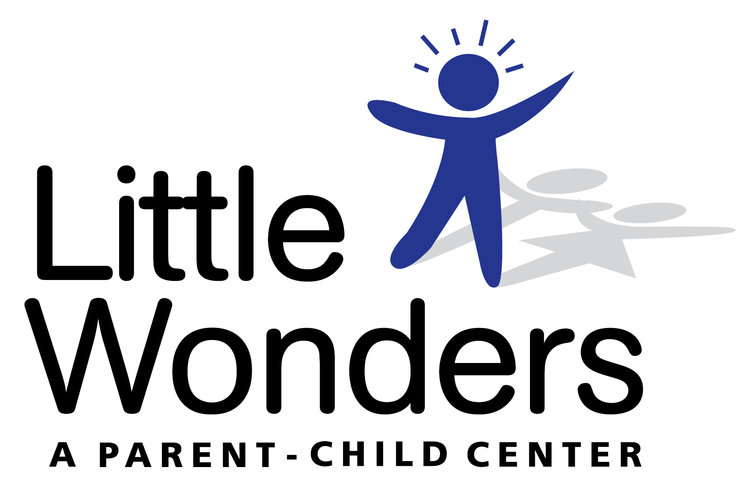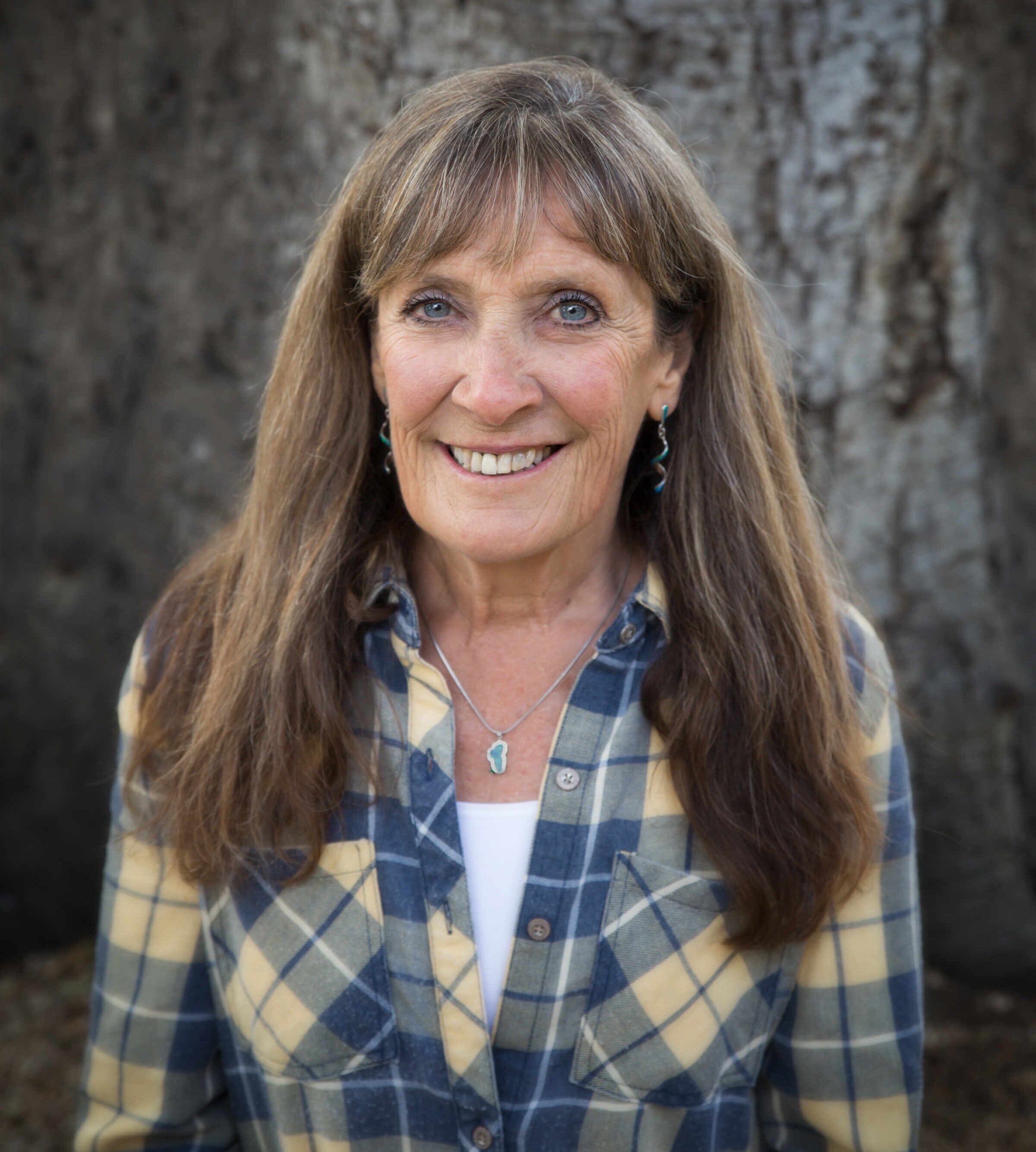Tips From 25 Years at Little Wonders
Our beloved director, Mireille McKee, was the guest speaker at our 2020 All School Meeting. She shared with us the lessons she has learned in her 25 years at Little Wonders. Mireille’s full remarks can be downloaded below, but the highlights are listed here.
Create a PARENT-CENTERED family. The most important thing we can do NOW as individuals and partners is to take care of ourselves FIRST. This may be the most important part of raising children and yet one of the most challenging concepts. We must fill our own buckets up before we can take care of others. Start small with something that renews your energy each day. For me it is a walk every morning. I’ve heard others share that they switch-off for gym time, take a bath after the kids are in bed, or read a trashy novel. Time together as a couple is also of great importance and can be done without a babysitter. Make a plan to have 1-2 nights a week where you can connect after kids are in bed. Setting this example for your children has great value as we know they learn from what we do, and they too will learn to value this. You and your partner are the glue that holds your family together and when you are not healthy, no one else is either!
PLAY = TIME = LOVE. Through play and time with our little ones, we are sharing LOVE and building connection not only with our children, but also with each other. As our children get older and more vocal, they tend to always want us. Regardless of whether we are in a good or bad mood, they want to play with us, and this can arouse an intensity of mixed emotions within us. If we are taking care of ourselves and meeting our own needs, this may be easier to handle. We do not need to be constantly playing with our children or meet every single desire. But playing––joining children in their world, focusing on connection, giggling, reversing roles so you follow your child’s lead––all help toward building connection and helping children deal with their volatile emotions. For our children, PLAY IS THE ESSENCE OF LIFE. Play is where our children show us their inner feelings and experiences. They don’t come home and say, “Gee I had a hard day at school.” Rather they say, “Daddy, play with me” and in that play, they may begin sharing their feelings and experiences.
SEE the child in front of you. Know WHERE they are developmentally and understand WHO they are temperamentally. Understanding these two things can only lead to reasonable expectations, which helps everyone be most successful. And the more we can understand who the child is in front of us, the more we can help them feel good in their skin. I firmly believe this is one of our roles as parents… to help our children feel good about WHO they are, rather than trying to mold them into someone they are NOT.
Ask for and MODEL what we want. Children do what we do. Children often need to hear WHAT we want. We started out 2020 by having a discussion on “developing your family vision” with our older classes. What kind of a parent do I want to be, what do we want our family to stand for, what qualities would like to continue working on and what qualities would I like to see in my grown children? Remember we don’t need to be perfect, but rather striving for our personal best! It is very important for our children to see that we are imperfect and that is ok. All we are modeling affects our little ones. If we make a mistake, apologizing can go a long way for everyone. Every mistake is an opportunity to talk about a solution! Staying positive, calm and practicing empathy with our little ones will go further than we can even comprehend.
Apply FIRM AND CONSISTENT BOUNDARIES. This may be one of the most difficult aspects of being a parent. We want to please our little ones, we want them to be happy, sometimes we are so tired we want to avoid a conflict or the tantrum. There are many reasons why we struggle as parents to set firm and consistent boundaries. Choose a few important rules we will remain vigilant about enforcing. All children test to find out where there are boundaries and they are made to feel more secure when they can count on consistent limits. We will continue to explore the many ways parents can use positive discipline. This does mean teaching, rather than punishment and the more we can teach our children what is expected, the more they want to follow the rules.

